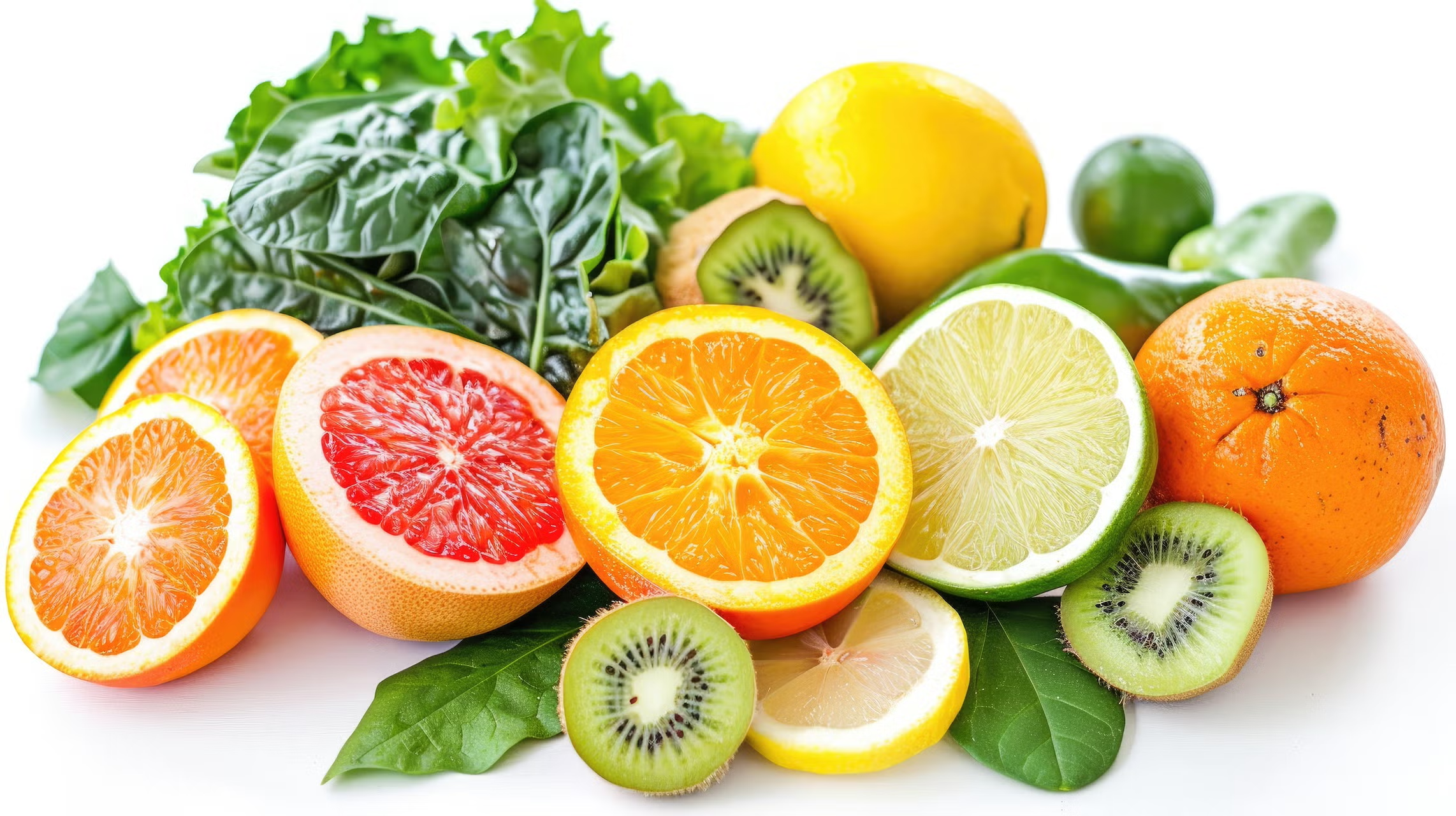How Does Vitamin A in Sweet Potatoes Support Eye Health?
Vitamin A in Sweet Potatoes and Eye Health Sweet potatoes are a great source of Vitamin A, essential for maintaining healthy vision. This vitamin helps in the production of retinal,…
What Role Does Vitamin B1 Play in Energy Metabolism?
Vitamin B1 (Thiamine) and Energy Vitamin B1 is essential for energy metabolism as it helps convert carbohydrates into energy. It supports overall energy levels and helps prevent fatigue. Benefits of…
How Can Vitamin B1 Improve Mood?
Vitamin B1 (Thiamine) and Mood Vitamin B1 supports mood regulation by influencing neurotransmitter production and reducing symptoms of mood disorders. It helps maintain overall mental well-being and emotional health. Benefits…
What Are the Benefits of Vitamin B1 for Nerve Health?
Vitamin B1 and Nerve Function Vitamin B1, or thiamine, is essential for nerve health. It supports the nervous system by aiding in nerve signal transmission and energy metabolism. Benefits of…
What Role Does Vitamin B1 Play in Nervous System Health?
Vitamin B1 (Thiamine) and Nervous System Vitamin B1, also known as thiamine, is crucial for nervous system health. It supports nerve function, helps prevent nerve damage, and maintains overall cognitive…
What Are the Benefits of Vitamin B1 for Metabolism?
Vitamin B1 (Thiamine) and Metabolism Vitamin B1, also known as thiamine, is vital for carbohydrate metabolism and energy production. It helps convert food into energy and supports overall metabolic health.…
How Does Vitamin B12 Affect Cognitive Function?
Vitamin B12 and Cognitive Health Vitamin B12 is vital for cognitive health as it supports brain function, memory, and concentration. It helps prevent cognitive decline and supports overall mental clarity.…
How Can Vitamin B12 Help with Mental Clarity?
Vitamin B12 and Mental Clarity Vitamin B12 is crucial for maintaining mental clarity and cognitive function. It supports brain health, improves concentration, and helps prevent cognitive decline. Benefits of Vitamin…
Can Vitamin B12 Boost Energy Levels?
Vitamin B12 and Energy Production Vitamin B12 plays a vital role in converting food into energy, making it an essential nutrient for maintaining energy levels. A deficiency in B12 can…
How Can Vitamin B12 Help with Fatigue and Anemia?
Vitamin B12 and Its Role in Energy Production Vitamin B12 is essential for red blood cell production and energy metabolism. A deficiency can lead to fatigue and anemia, particularly in…






